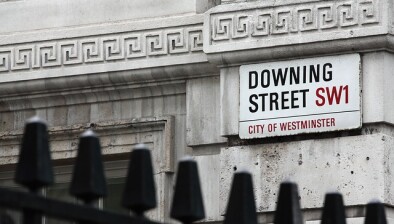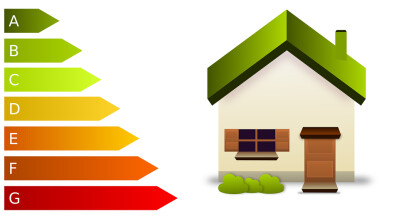England: Housebuilding ‘grinding to a halt’ in London, warn housing associations

Fiona Fletcher-Smith
Planning proposals aimed to speed up brownfield development in England will not go far enough to increase the required supply of homes in London, a group of housing associations has warned.
The G15, which represents London’s 11 largest housing associations, said housebuilding in London is “grinding to a halt” with the number of affordable homes being built plummeting by three-quarters in the past 12 months.
In a letter to the housing secretary, Michael Gove, the group has called for a funding injection of £15 billion a year over the next decade into affordable homes.
The letter also revealed that G15 members, which are traditionally the biggest builders of affordable housing in London, are on track to start just 1,769 homes in the capital this year, a fall of 76% compared with the 7,263 started in 2022-23.
Last week, the UK Government said every council in England will instructed to be less bureaucratic and more flexible in applying policies that halt housebuilding on brownfield land.
Under the planning reforms, the bar for refusing brownfield plans will also be made much higher for big city councils that fail to hit locally agreed housebuilding targets. Planning authorities in England’s 20 largest cities and towns will be made to follow a ‘brownfield presumption’, if housebuilding drops below expected levels.
The letter to Mr Gove, which was signed by Fiona Fletcher-Smith, the G15 chair who is chief executive of L&Q, welcomed the policies but said they would not meet the scale needed in London.
It said: “Despite the crisis facing Londoners, the government has failed to step up and invest in the delivery of social housing.”
G15 members own and manage more than 770,000 homes, and are responsible for building about 15% of all new affordable homes in England.
Affordable homes incorporate all housing tenures that are not for market rent or sale. This includes tenures from social rent, in which tenants pay about half market rent, to shared ownership, where residents buy a share of the home and rent the rest.
Fletcher-Smith said London’s housing associations faced a development “cliff-edge”. They are also now having to spend more money on construction materials, as well as on existing stock after the Grenfell Tower fire, and on fixing ageing stock and addressing the sector’s damp and mould issues.







